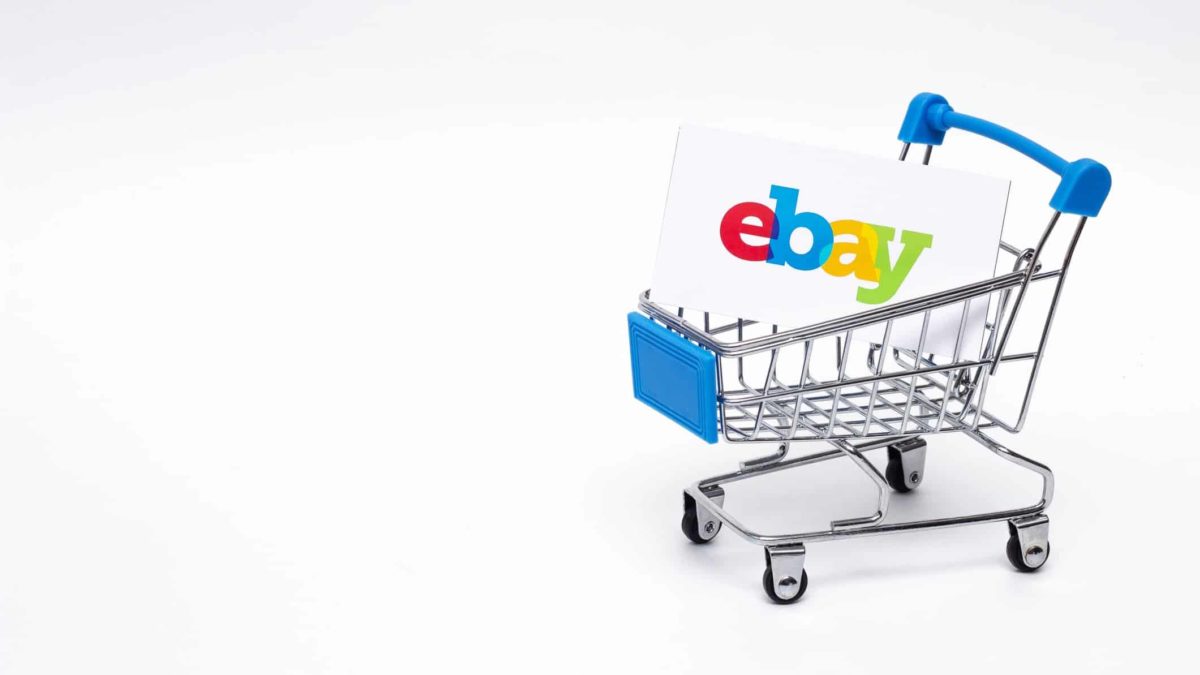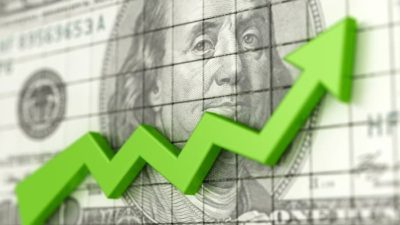This article was originally published on Fool.com. All figures quoted in US dollars unless otherwise stated.
On June 22, online marketplace eBay (NASDAQ: EBAY) acquired a specialty marketplace for non-fungible tokens (NFTs) called KnownOrigin. The press release said KnownOrigin was a "leading" NFT marketplace. As a cash-rich company, eBay is fully capable of funding this acquisition.
However, with limited growth opportunities, the company needs to be careful to not lose focus on shareholder returns. And buying KnownOrigin is a step in the wrong direction for this reason, in my opinion.
Why eBay stock could be a fantastic investment
In my opinion, there are three main phases of a public company's lifecycle: needing capital, self-funding, and returning capital to shareholders. In phase one, unprofitable companies secure funding from banks and shareholders to build the business in hopes of achieving scale. In phase two, companies have achieved enough scale to be cash flow positive but they continue plowing all available resources into growing the business. By phase three, growth opportunities are limited and, therefore, cash flows should be used to reward shareholders.
These phases exist on a spectrum and the lines aren't set in stone. For example, a company can return some capital to shareholders and still invest in growth. But the takeaway point here is that investors need to know where a company is in its lifecycle to evaluate the opportunity. Stocks in each phase can be good investments if management uses cash wisely.
For eBay, it's in phase three because growth opportunities are limited. Consider that in the fourth quarter of 2017, the company generated $2.7 billion in revenue. In the fourth quarter of 2021, it generated just $2.6 billion. In short, quarterly revenue was down almost 4% over this time period.
However, eBay's revenue per share was up a whopping 62% over this time period because management has repurchased billions of dollars worth of its own shares.
EBAY Revenue (Quarterly) data by YCharts.
Even though eBay isn't growing anymore, it's still a cash flow machine. As a marketplace, it doesn't carry inventory, which keeps costs low. It's merely connecting buyers and sellers and collecting a fee. This is why the company was able to have a free cash flow (FCF) margin of 25% in 2021 -- few businesses have higher margins.
Through stock repurchases, shares are taken out of circulation and remaining shares become more valuable -- thus rewarding eBay shareholders. The company also pays a fast-growing dividend -- up 58% over the past five years -- which contributes to overall returns. This is great use of cash by eBay's management.
As of the first quarter of 2022, eBay has $4.7 billion left on its share repurchase authorization plan. Considering its current market capitalization is just $24 billion, this plan is significant. But the company has ample resources to pull it off. It has over $5 billion in cash and short-term investments on the balance sheet, generates over $500 million in quarterly FCF, and even has $5.3 billion in long-term investments in other e-commerce and financial-technology companies.
What's so great about NFTs?
Hopefully you're salivating over eBay's potential to return capital to shareholders in coming years. It can be a path to market-beating returns. However, it assumes management doesn't get too distracted.
By acquiring KnownOrigin, I fear it might be taking its eyes off the prize. Terms of the deal weren't disclosed, but I assume it paid a price that was well within its means. However, even if it's affordable, I doubt the NFT marketplace space is a path to growth. This is why I don't like the acquisition. Moreover, according to DappRadar, KnownOrigin only ranks 41st in NFT marketplaces by volume -- at least, in the past 30 days.
We don't have time to go down the NFT rabbit hole here. But suffice it to say that NFTs can be more than just collectibles. They can be used for record keeping, live-event ticketing, reservations, and more. But it doesn't appear that eBay is interested in this potentially innovative side of the NFT market.
Ebay is interested in NFT collectibles and has experimented in the space since May 2021. But according to data from NonFungible, NFT sales volume (in dollars) has plummeted 90% over the past year. And unique buyers have also decreased 42%.
Management's desire to stay relevant is understandable. But unless eBay finds viable growth opportunities, it should focus on shareholder returns. Given current trends, NFT collectibles aren't going to be what management hoped. And so jumping into this cooling space could distract management from its best use of cash right now.
This article was originally published on Fool.com. All figures quoted in US dollars unless otherwise stated.










